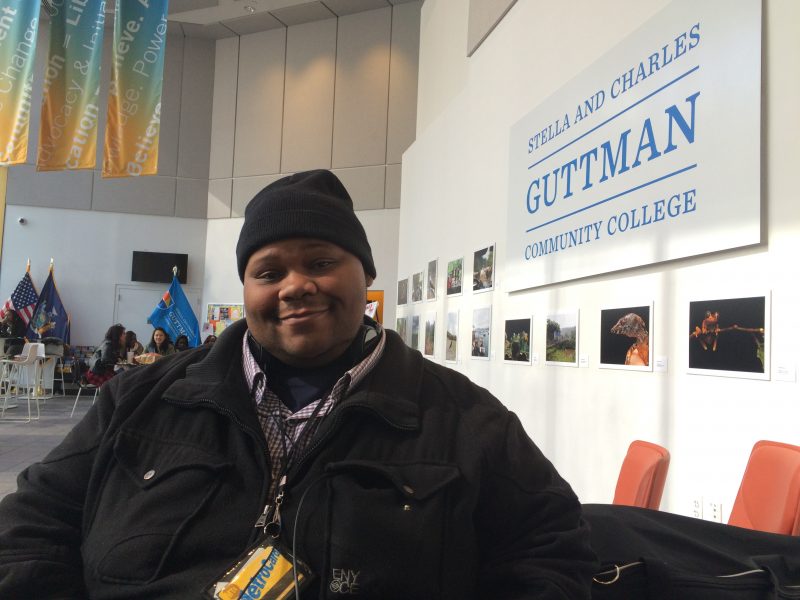QUEENS, N.Y. — Wendy Thompson always knew she wanted her son to go to college, but she didn’t realize so many people would disagree.
Her son was born with cerebral palsy, a disease that has him using a wheelchair, but has little impact on his academic abilities. He graduated from high school with a Regents diploma in 2013 — a feat accomplished by only 18 percent of students with disabilities in New York City that year, compared to 70 percent of students without disabilities.
But when Thompson met with a counselor from the state agency that is supposed to help people with disabilities get training or a degree that will lead to a job, the counselor refused to sign off on her son’s plan to go to community college. That meant he wouldn’t get wheelchair-accessible transportation, tuition help or voice-activated software from the agency — all of which he qualified for under federal law.

